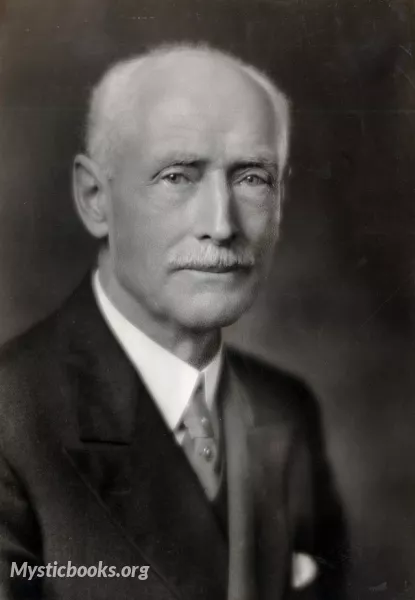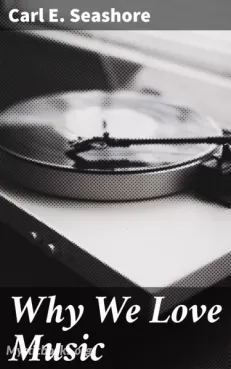
Timeline
Title
Country/Nationality
Carl Emil Seashore
Carl Emil Seashore (January 28, 1866 – October 16, 1949) was a Swedish-American psychologist and educator who is best known for his work on music psychology. He was a pioneer in the development of standardized tests of musical aptitude and achievement, and he is considered the father of music psychology in the United States.
Seashore was born in Morlunda, Sweden, in 1866. He received his Ph.D. in psychology from Yale University in 1897. After graduating, he taught psychology at Yale and at the University of Iowa. In 1910, he was appointed director of the Psychological Laboratory at the University of Iowa, a position he held until his retirement in 1946.
Seashore was a prolific researcher, and he published over 200 articles and books on music psychology. His most famous work is the Seashore Measures of Musical Talent, a standardized test of musical aptitude that is still used today. He also developed the Seashore Measures of Musical Ability, a test of musical achievement.
Seashore's philosophy was based on the belief that music is a complex psychological phenomenon that can be studied scientifically. He believed that music psychology could help to improve musical education and to promote the appreciation of music.
Seashore died in Lewiston, Idaho, in 1949. He is remembered as a pioneer in music psychology and as a leading figure in the development of standardized tests of musical aptitude and achievement.
Who was he and his principles?
Carl Emil Seashore was a Swedish-American psychologist and educator who is best known for his work on music psychology. He was a pioneer in the development of standardized tests of musical aptitude and achievement, and he is considered the father of music psychology in the United States.
Seashore's principles were based on the belief that music is a complex psychological phenomenon that can be studied scientifically. He believed that music psychology could help to improve musical education and to promote the appreciation of music.
What was he famous for and his notable works?
Seashore was a prolific researcher, and he published over 200 articles and books on music psychology. His most famous work is the Seashore Measures of Musical Talent, a standardized test of musical aptitude that is still used today. He also developed the Seashore Measures of Musical Ability, a test of musical achievement.
What was his philosophy?
Seashore's philosophy was based on the belief that music is a complex psychological phenomenon that can be studied scientifically. He believed that music psychology could help to improve musical education and to promote the appreciation of music.
He also believed that music is a universal language that can transcend cultural and linguistic barriers. He saw music as a way to promote understanding and cooperation between people from different backgrounds.
When did he die & how is he remembered?
Seashore died in Lewiston, Idaho, in 1949. He is remembered as a pioneer in music psychology and as a leading figure in the development of standardized tests of musical aptitude and achievement.
His work continues to be influential in the field of music psychology, and his tests are still used today to assess musical ability. He is also remembered for his advocacy of music education and for his belief that music can promote understanding and cooperation between people from different backgrounds.
Anything interested to know about the author?
- Seashore was a gifted musician, and he played the piano and the violin.
- He was a strong advocate for music education, and he believed that music should be a part of the curriculum in all schools.
- He was also a pioneer in the use of technology in music education, and he developed several audio recordings and films to teach music.
- His work has had a lasting impact on the field of music psychology, and he is considered one of the most important figures in the history of the field.
Books by Carl Emil Seashore

Why We Love Music
In "Why We Love Music," Carl Emil Seashore delves into the fascinating world of music and explores the profound impact it has on the human psyche. Drawing on his expertise as a renowned psychologist and musicologist, Seashore takes us on a captivatin...